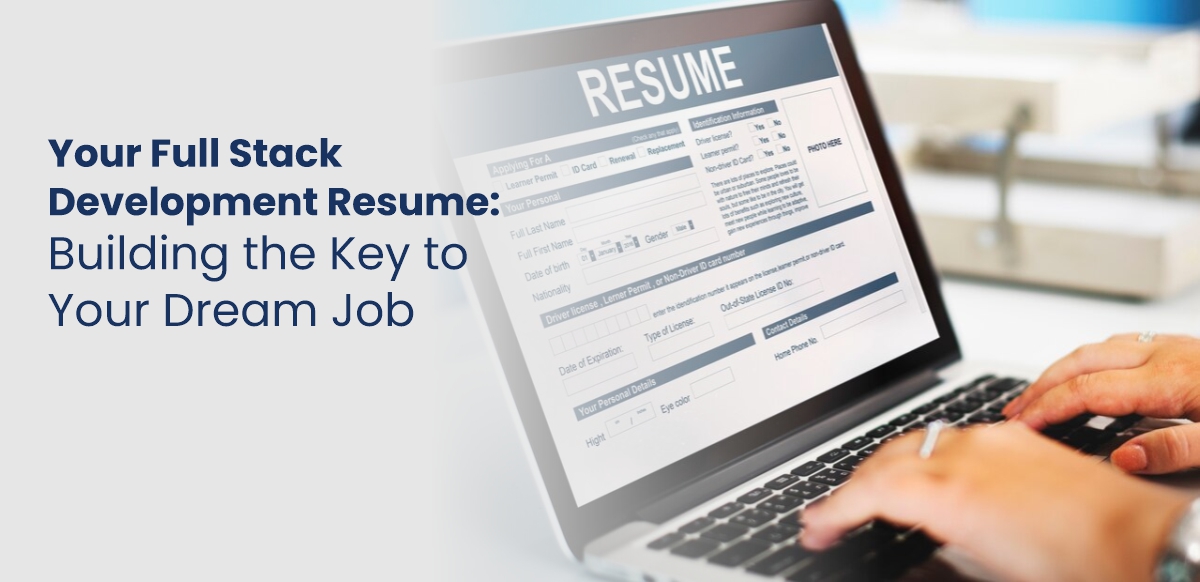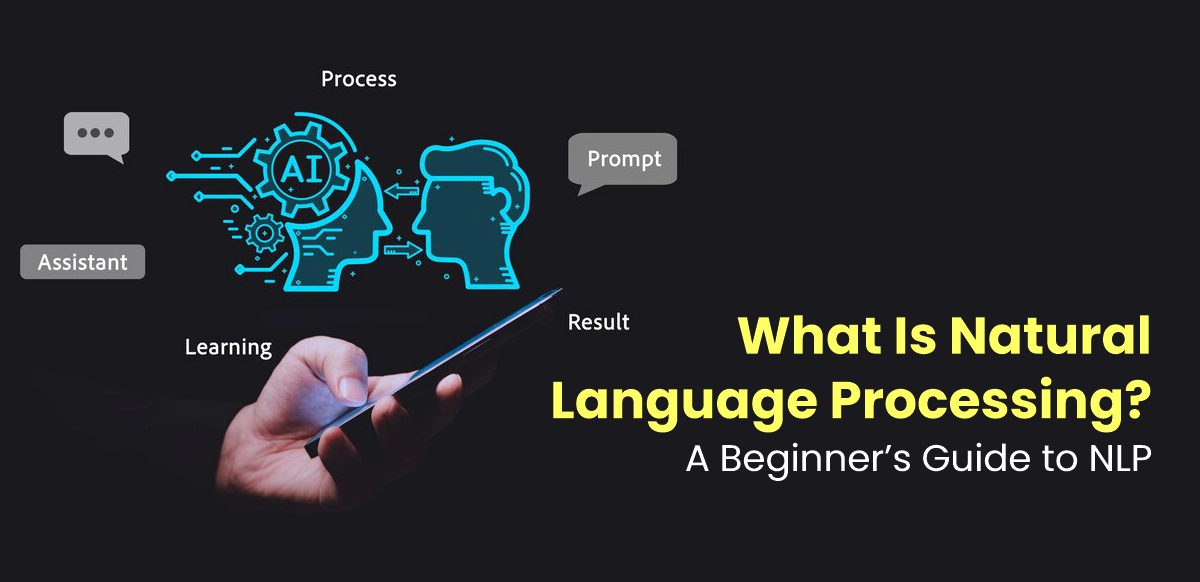What Programming Skills Should a Business Analyst Have?
5 Essential Programming Skills for a Business Analyst
Empower Your Analysis: Mastering Essential Programming Skills for Business Success
- What is the significance of data visualisation for business analysts?
- How can I improve my programming skills as a business analyst?
- How can business analysts use machine learning in their work?
The evolving world greatly influences businesses, as it is one of the core components of overall global progress. A business analyst helps firms to understand, interpret, and take action accordingly to make the overall business decision effective.
The demand for proficient individuals capable of interpreting and analysing datasets is rising. By pursuing a business analytics online course, you can become a professional in the field of analytics that will greatly enhance your career path.
This blog will help you significantly uncover the programming skills you must possess as a business analyst.
5 Essential Programming Skills for a Business Analyst
You will learn about the six essential programming skills by obtaining a business analyst certification course.
1. Python
Python’s accessibility and versatility make it a practical language for a business analyst. It’s clear syntax and structure make the frequently challenging work of data analysis easier. This readability speeds up the coding process and ensures the analysis remains transparent and accessible.
Python is a basis for advanced analytics; adaptability allows analysts to move fluently across different work areas, such as data pretreatment, statistical analysis, and machine learning. Python’s versatility makes it an invaluable tool for students looking for a complete and integrated approach to analytics.
2. SQL
SQL is best at building robust queries that uncover insights hidden within large datasets. SQL experts can adequately gather and alter data, transforming raw data into usable intelligence. This querying capability is critical for making well-informed judgments based on correct and relevant facts.
SQL expertise ensures effective database navigation, a crucial component of the analytical journey. A business analyst can easily retrieve, amend, or remove data, speeding up operations and providing information integrity. This is especially important when dealing with massive datasets or complicated relational databases.
SQL enables a business analyst to aggregate and summarise data effortlessly. The functions like COUNT, SUM, AVG, MIN, and MAX give a toolset for computations on datasets. This skill is helpful for statistical analysis, allowing business analysts to make relevant conclusions.
3. Data Visualisation
For a business analyst, data visualisation is the most effective form of communication. Business analysts who master tools like Tableau transform raw data into captivating tales, efficiently communicating insights to varied stakeholders.
Data visualisations serve as a connection, bringing complicated patterns and trends into focus and ensuring accessibility and comprehension.
Data visualisation completes the analytical journey of a business analyst by translating complex data into a language that is understandable by users. It is an essential skill, as it informs stakeholders, allowing the business analyst to move them through a visual narrative to make impactful decision-making.
4. Machine Learning
Machine learning techniques become the foundation, enhancing a business analyst’s ability to identify trends and produce precise, data-driven forecasts. As machine learning becomes more integrated into the analytical toolkit, it improves precision and enriches insights.
This strategic integration encourages a business analyst to take a more forward-thinking approach to business research. It gives a proactive view through which they can unravel patterns, forecast shifts, and guide strategic choices with greater anticipation.
5. R
Using complex algorithms and innovative visualisation tools, business analysts can delve into the complexity of data with R. By operating R, a business analyst can create captivating narratives, transforming raw data into visually appealing visualisations that connect with stakeholders.
Renowned for its strength and versatility, R effortlessly integrates into BI platforms like Sisense, enhancing maximum insights from business-critical data extraction. This integration encompasses various functionalities, from essential statistical operations to implementing predictive models, such as linear regressions.
Moreover, R facilitates the construction and execution of the statistical model using Sisena data, ensuring automatic updates on new information enrich the model. Although not mandatory, knowing R will definitely boost your expertise.
Also Read : Industry Insights: Business Analytics Salary and Job Outlook
Empower Your Analysis: Mastering Essential Programming Skills for Business Success
Completing a business analyst certification course acquires necessary qualifications, laying the groundwork for a prosperous career. Furthermore, you will obtain knowledge of vital programming languages, data visualisation, and automation. You must opt for a business analyst course with placement that gives you a stronger path to construct your career foundations.
Elevate your career by mastering the programming skills that business values. Contact upGrad Campus and discover your path to becoming a proficient and sought-after business analyst today.
Youtube video : https://www.youtube.com/watch?v=9eBf71Okseo
FAQs
1. What is the significance of data visualisation for business analysts?
Data visualisation is critical because it converts complex data into visually understandable representations. It assists business analysts in effectively communicating insights and assisting in decision-making by making trends and patterns more accessible to varied stakeholders.
2. How can I improve my programming skills as a business analyst?
You should consider learning programming languages like Python and SQL to boost your programming skills. Participate in online classes, try out various coding exercises, and try to put theory into practice. This method of constant learning will help you improve your analytical toolkit.
3. How can business analysts use machine learning in their work?
Integrating machine learning entails grasping core principles, investigating applicable methods, and employing tools like Python’s scikit-learn. This enables business analysts to develop data-driven forecasts, increasing the depth and precision of their analytical insights.




















